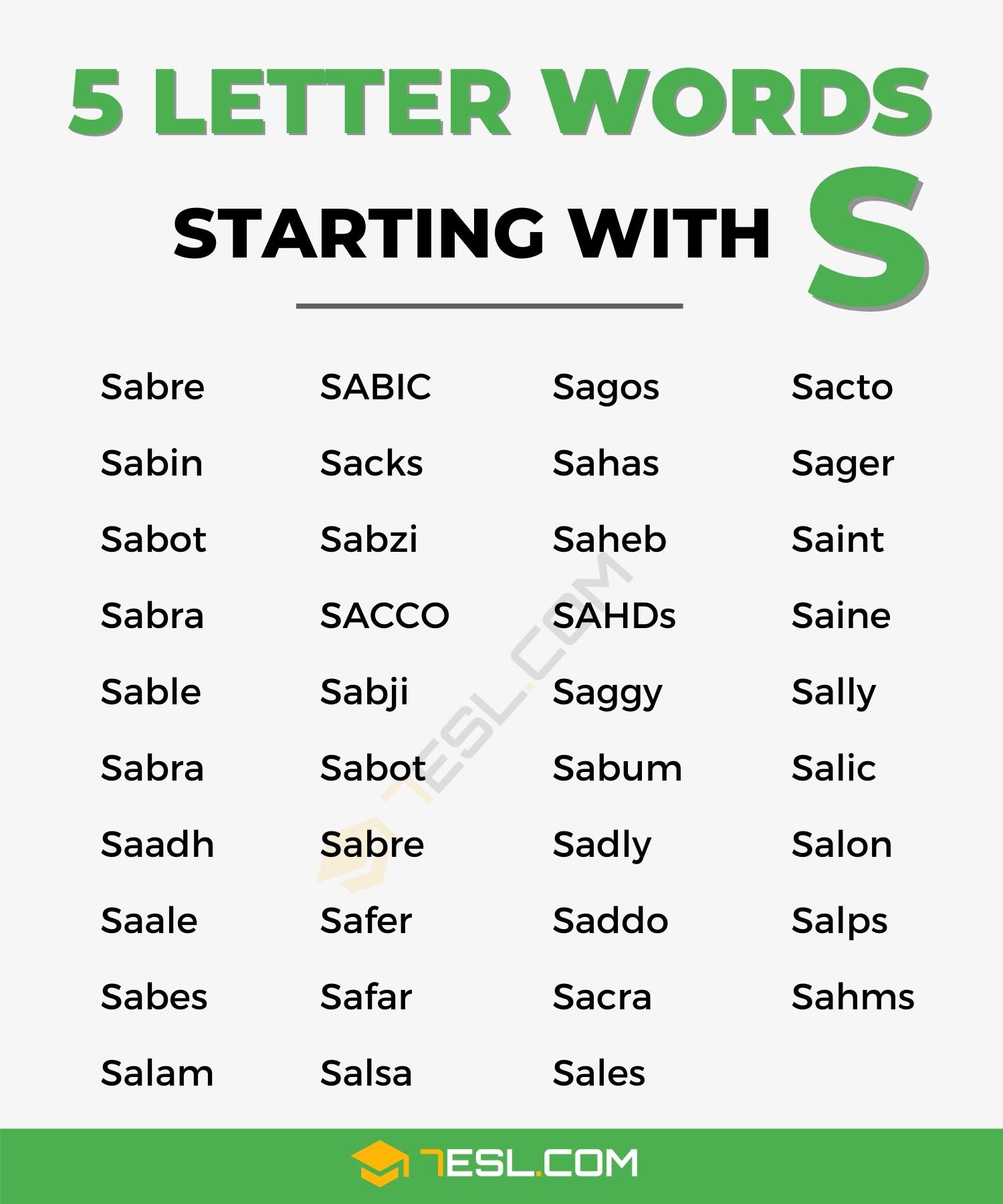Verbs That Start With S
1. Sing
2. Swim
3. Scream
4. Shout
5. Study
6. Stand
7. Solve
8. Speak
9. Smile
10. Sneak
11. Skate
12. Slap
13. Sway
14. Swing
15. Sleep
16. Sigh
17. Skip
18. Snore
19. Sprint
20. Stroll
21. Search
22. Stare
23. Shoot
24. Serve
25. Shape
26. Share
27. Support
28. Seize
29. Start
30. Savor
More About Verbs That Start With S
Welcome to the fascinating world of verbs that start with the letter “S.” These words hold a unique power to bring life and action to our language, allowing us to express a vast range of thoughts, actions, and emotions. From simple and concrete to abstract and complex, these verbs paint vivid pictures and capture our imagination. In this article, we will explore a variety of verbs that begin with “S,” delving into their meanings, usage, and importance in everyday communication.
Verbs are the backbone of any sentence, as they highlight the action or state of being of the subject. They add depth and dynamism to our sentences, enabling us to convey a specific message effectively. Verbs that start with “S” possess diverse characteristics and can be utilized across various aspects of daily interactions, writing, and self-expression.
Starting with one of the most commonly used “S” verbs, we encounter “smile.” A simple smile can brighten someone’s day, communicate happiness, or convey warmth and friendliness. It is a verb that can transcend language barriers and is universally understood. Similarly, “shout” prompts a different reaction, signaling a strong emotion or the expression of an urgent message. The sheer power of these verbs lies in their ability to trigger immediate emotional responses and connections.
As we dive deeper into this vast collection of “S” verbs, we stumble upon more abstract words like “sympathize” and “synchronize.” Unlike concrete actions such as running or jumping, these verbs encapsulate intangible concepts. “Sympathize” implies the understanding of another person’s emotions, offering solace and support. On the other hand, “synchronize” relates to harmonizing actions or events. These verbs, though more challenging to visualize, play a crucial role in conveying empathy and ensuring coordination in various situations.
Another category of “S” verbs encompasses those representing movement or physical actions. Verbs like “sparkle,” “soar,” and “swing” evoke vivid images in our minds, from glittering stars in a clear night sky to a graceful bird gliding through the air or a child joyfully soaring on a swing. These verbs enable us to describe actions and sensations, allowing readers to immerse themselves in our narratives or feel a connection with what is being conveyed.
Furthermore, verbs starting with “S” offer a trove of options when discussing the natural world. From “sway” to “rustle” and “swoop” to “soak,” they allow us to bring to life the intricate beauty and dynamics of our environment. With these verbs, we can paint a picture of leaves gently swaying in the breeze, wind rustling through the trees, or birds swooping down to catch their prey. They evoke sensory experiences, engaging readers and enriching our descriptions.
The versatility of “S” verbs extends beyond the physical realm, encompassing emotions, thoughts, and speech. Verbs such as “sigh,” “suppose,” and “stutter” capture the nuances of the human experience. Whether it’s the deep exhalation of a sigh, the contemplative nature of supposing or the hesitant speech of one who stutters, these verbs provide insight into our inner world. Through their usage, writers can depict characters with depth and authenticity, enabling readers to connect with their struggles and triumphs.
Indeed, verbs that start with “S” open a world of possibilities in our language. By utilizing these verbs thoughtfully, we can enhance our communication skills, captivate our audience, and express ourselves with precision and creativity. Their potential to transform a sentence from mundane to enchanting is undeniable. So, embark on this linguistic adventure, explore the richness of “S” verbs, and discover the hidden magic they bring to your writing and speech. Stay tuned as we embark on this language journey together, shedding light on the wonders of verbs that start with “S.”
Verbs That Start With S FAQs:
FAQ: Verbs starting with “S”
1) Q: What does the verb “sail” mean?
A: “Sail” means to travel on water using a boat or a ship propelled by wind.
2) Q: How can you define the verb “succeed”?
A: “Succeed” means to achieve a desired outcome or goal.
3) Q: What is the meaning of the verb “sew”?
A: “Sew” refers to the act of joining or repairing fabric or material with a needle and thread.
4) Q: How do you explain the verb “stimulate”?
A: “Stimulate” means to encourage, excite, or arouse a response or reaction.
5) Q: What does the verb “summarize” signify?
A: When you “summarize” something, you provide a brief and concise overview or synopsis.
6) Q: How can you describe the verb “synchronize”?
A: “Synchronize” means to coordinate or make things happen at the same time or rate.
7) Q: What is the meaning of the verb “solve”?
A: “Solve” means to find an answer, explanation, or solution to a problem or puzzle.
8) Q: How do you define the verb “sparkle”?
A: “Sparkle” refers to shining or giving off small flashes of light.
9) Q: What does the verb “strengthen” imply?
A: “Strengthen” means to make something physically or mentally stronger.
10) Q: How can you explain the verb “struggle”?
A: “Struggle” means to engage in strenuous or difficult effort to achieve something or overcome obstacles.













